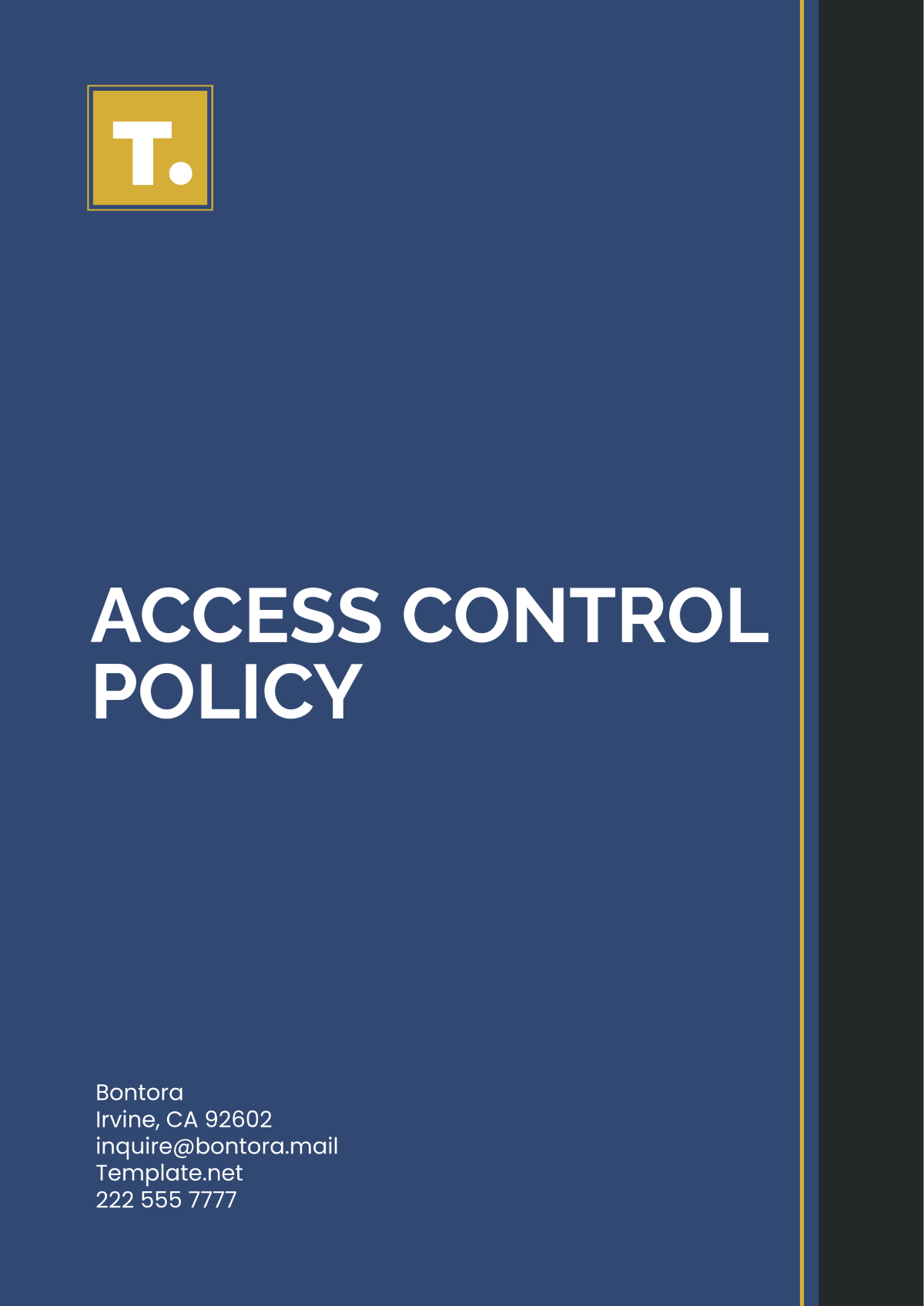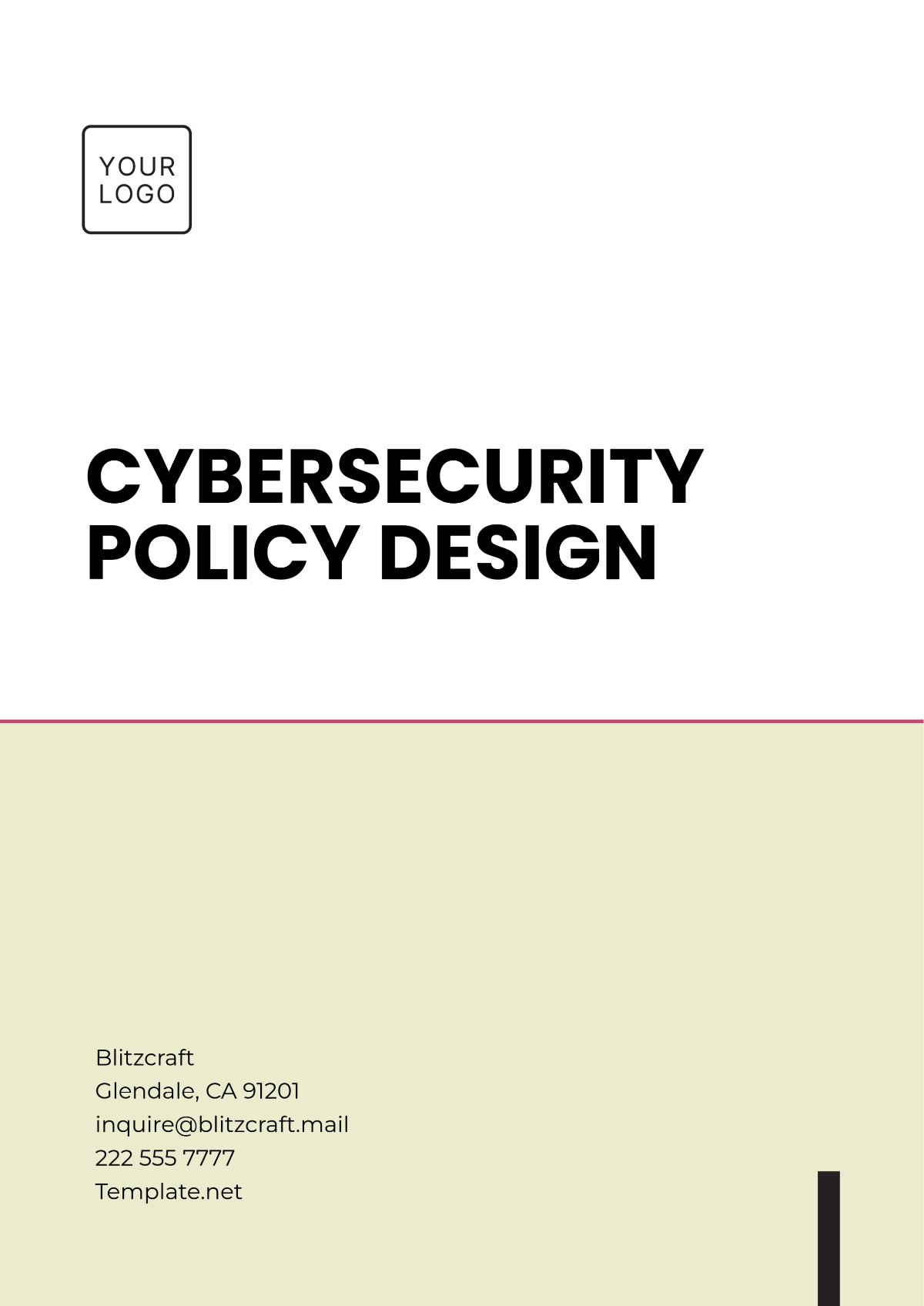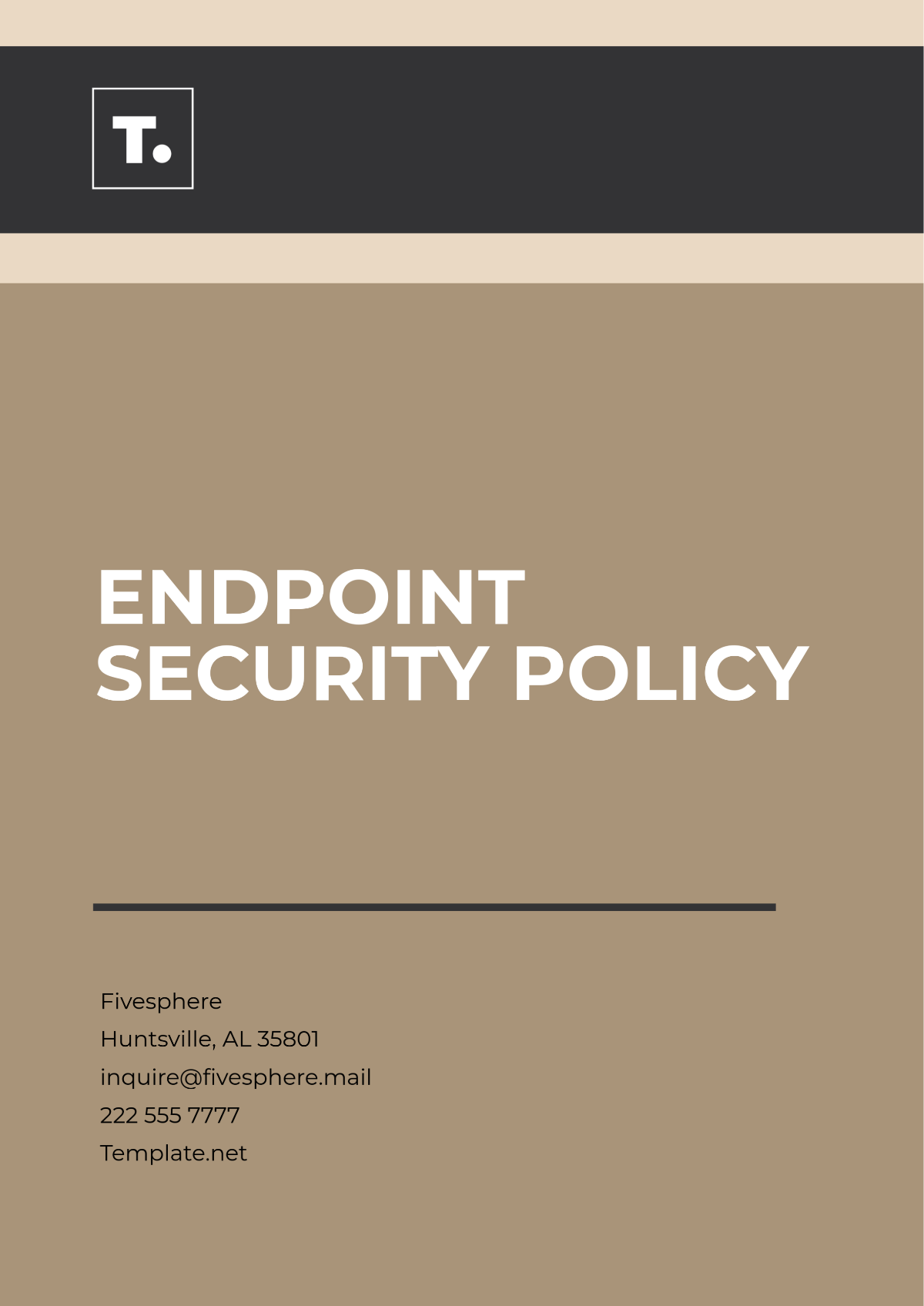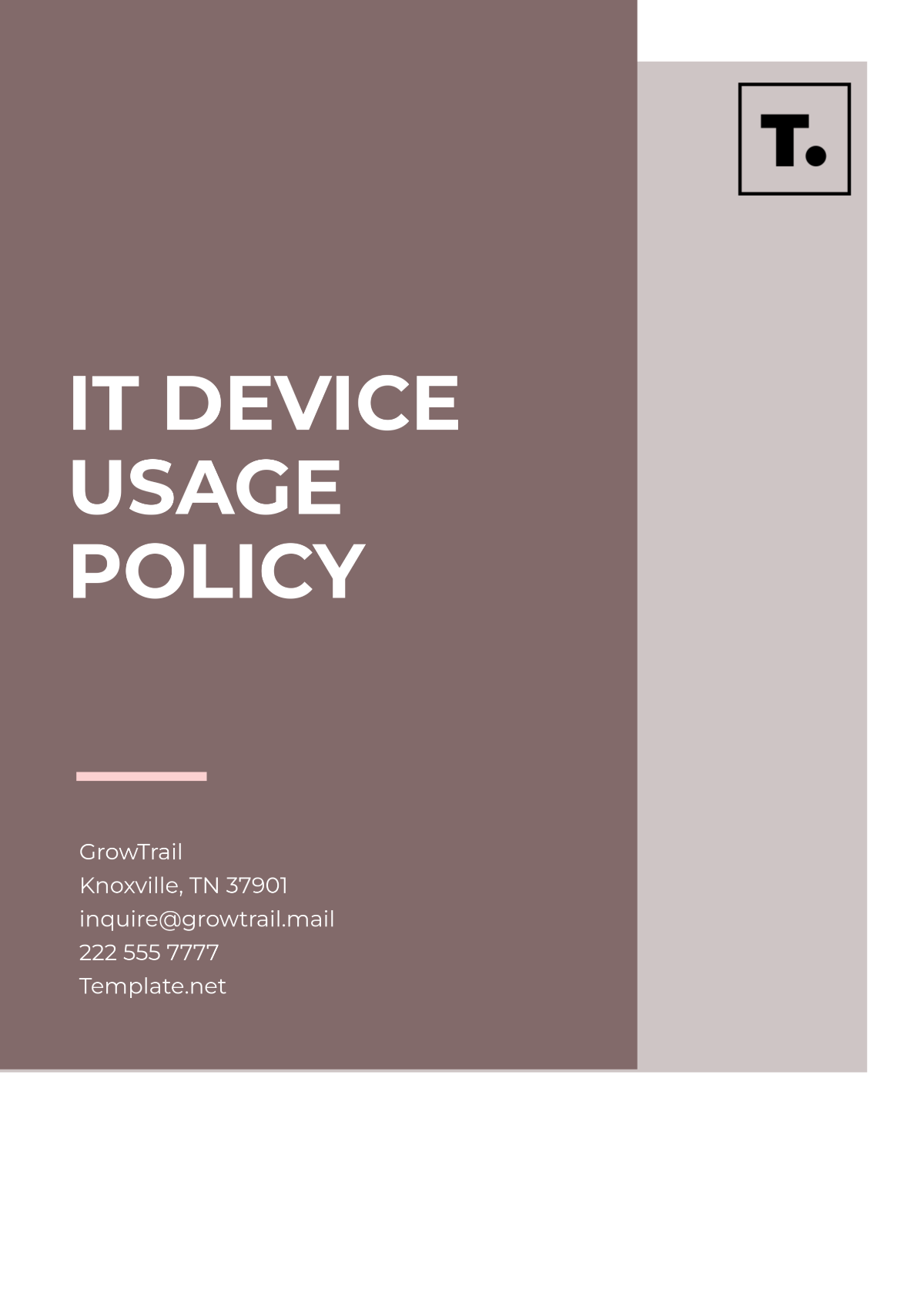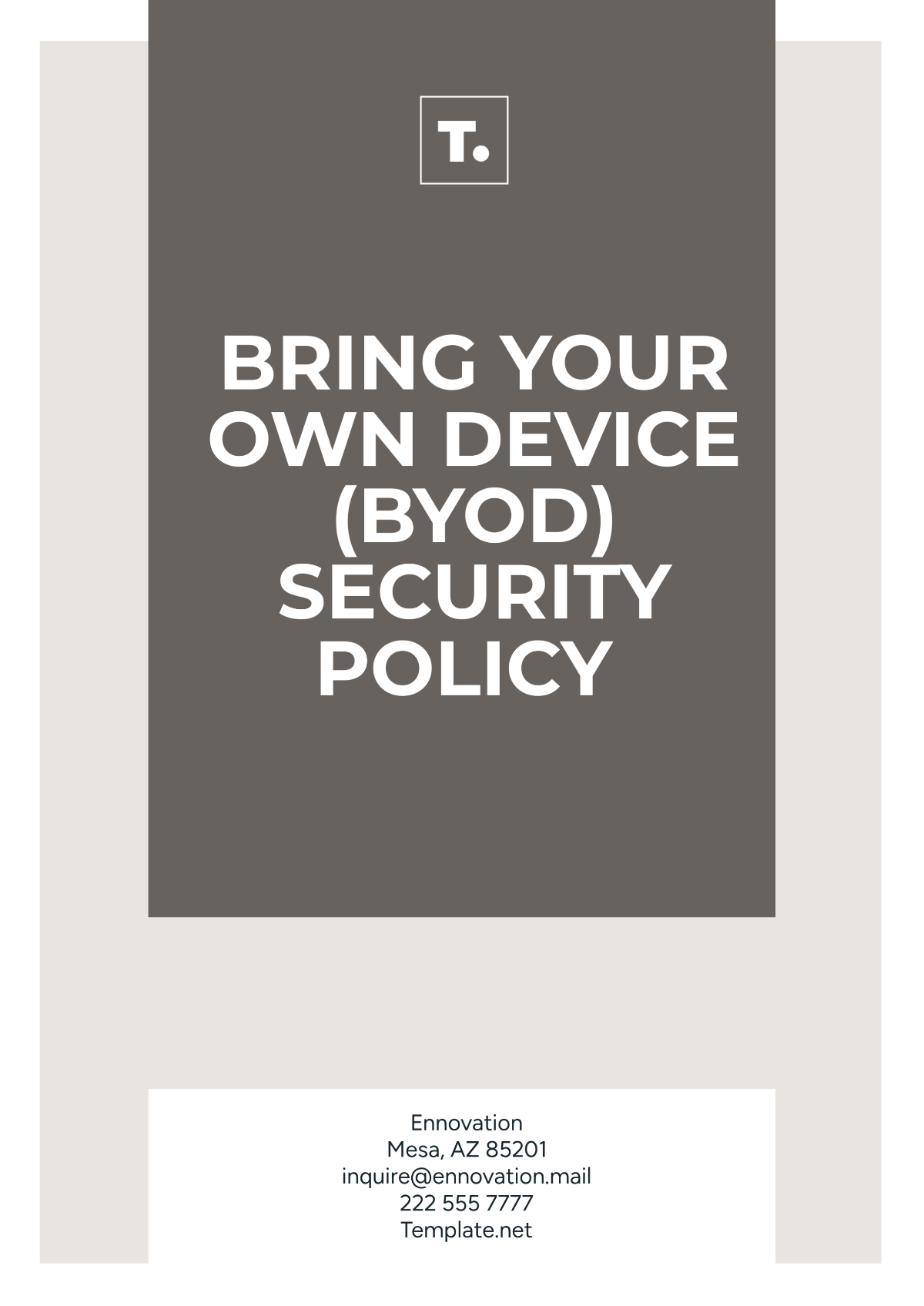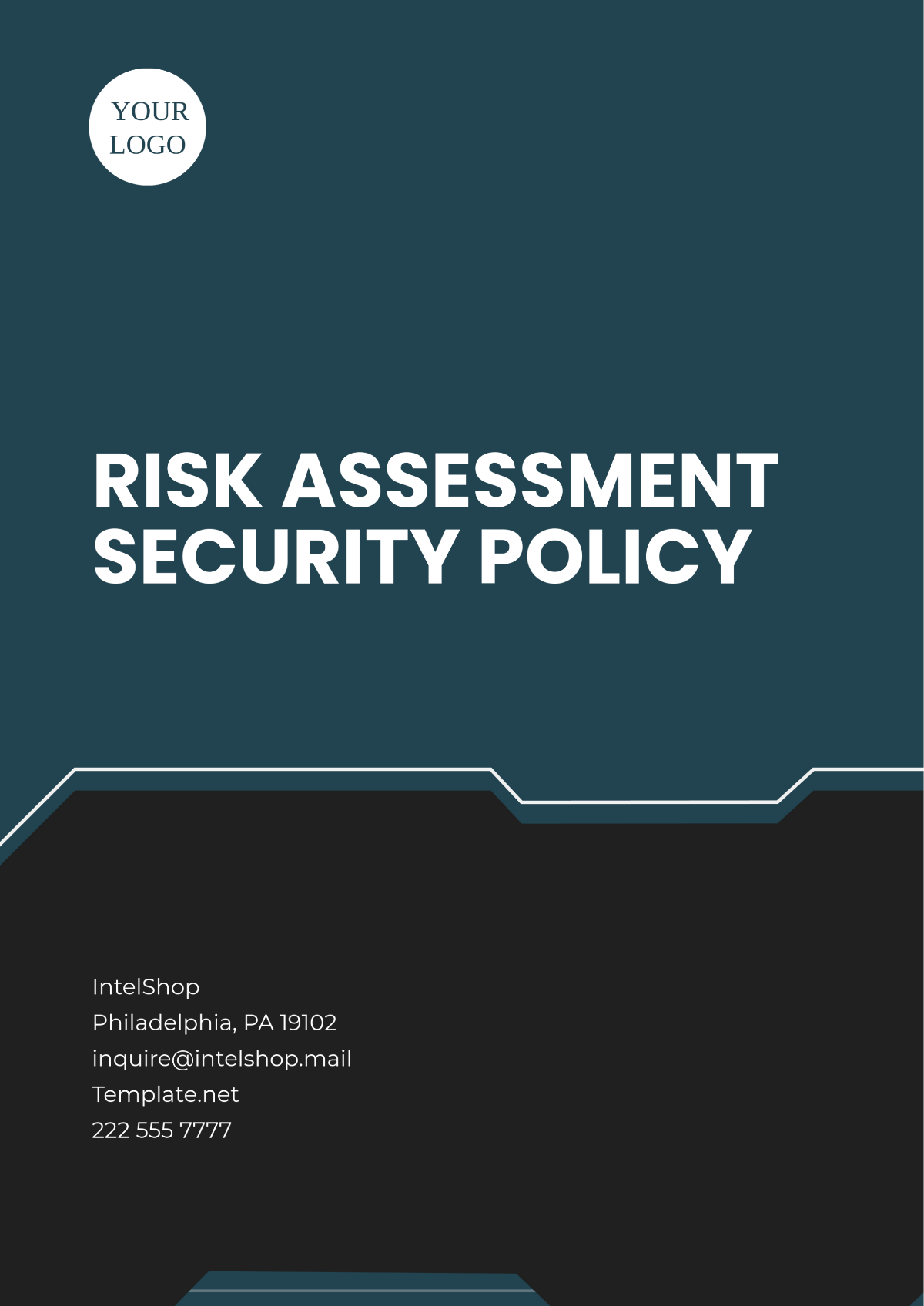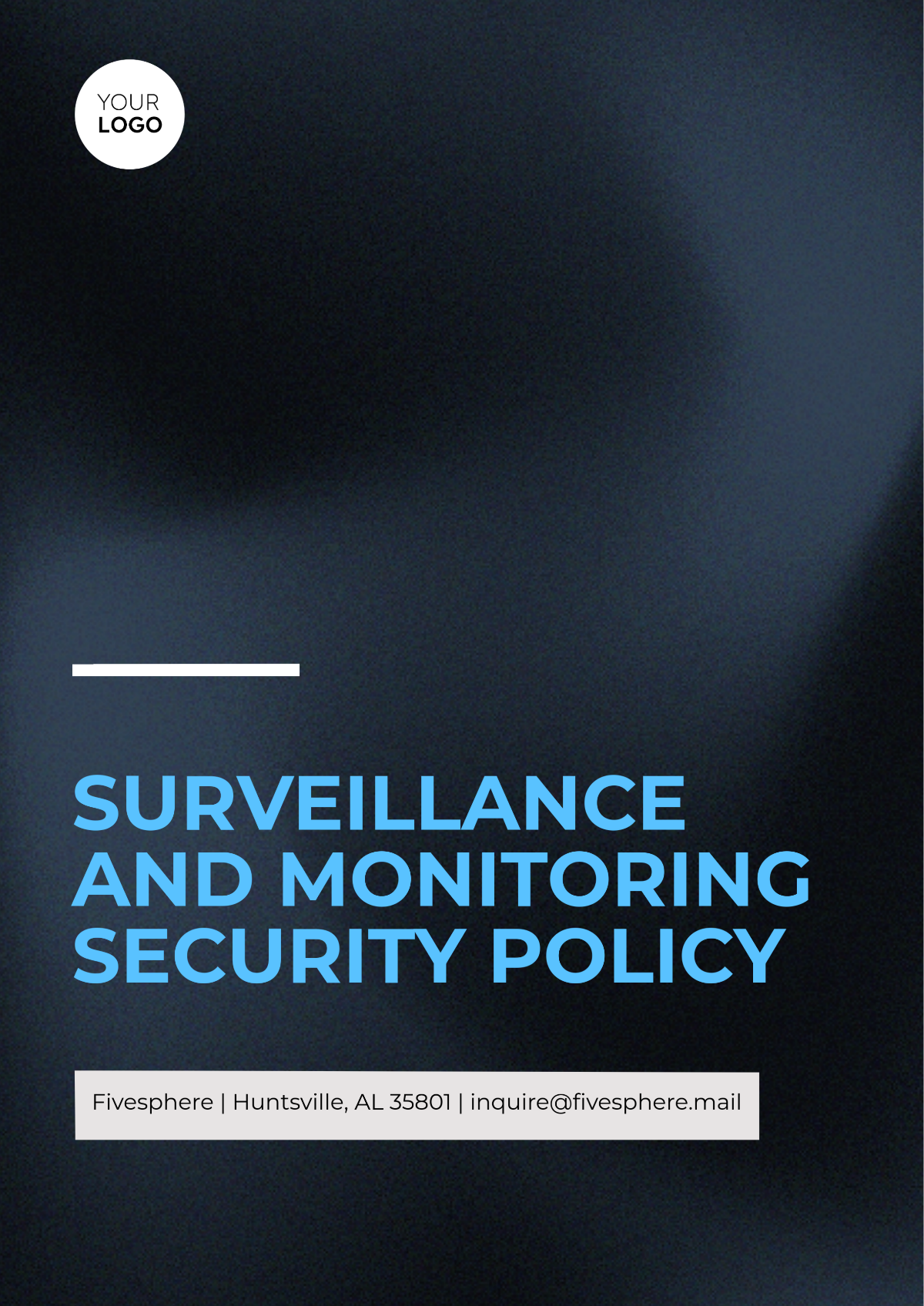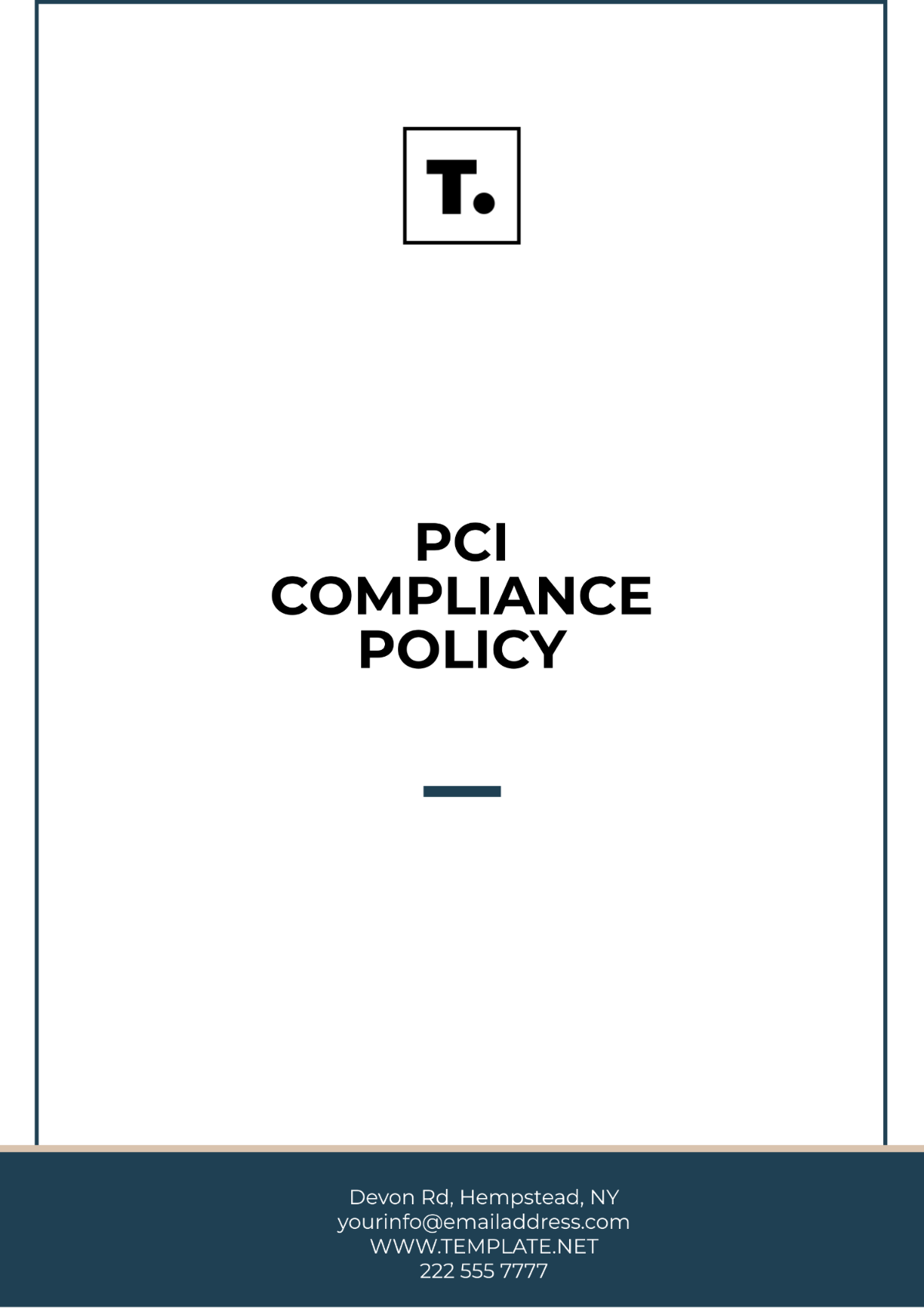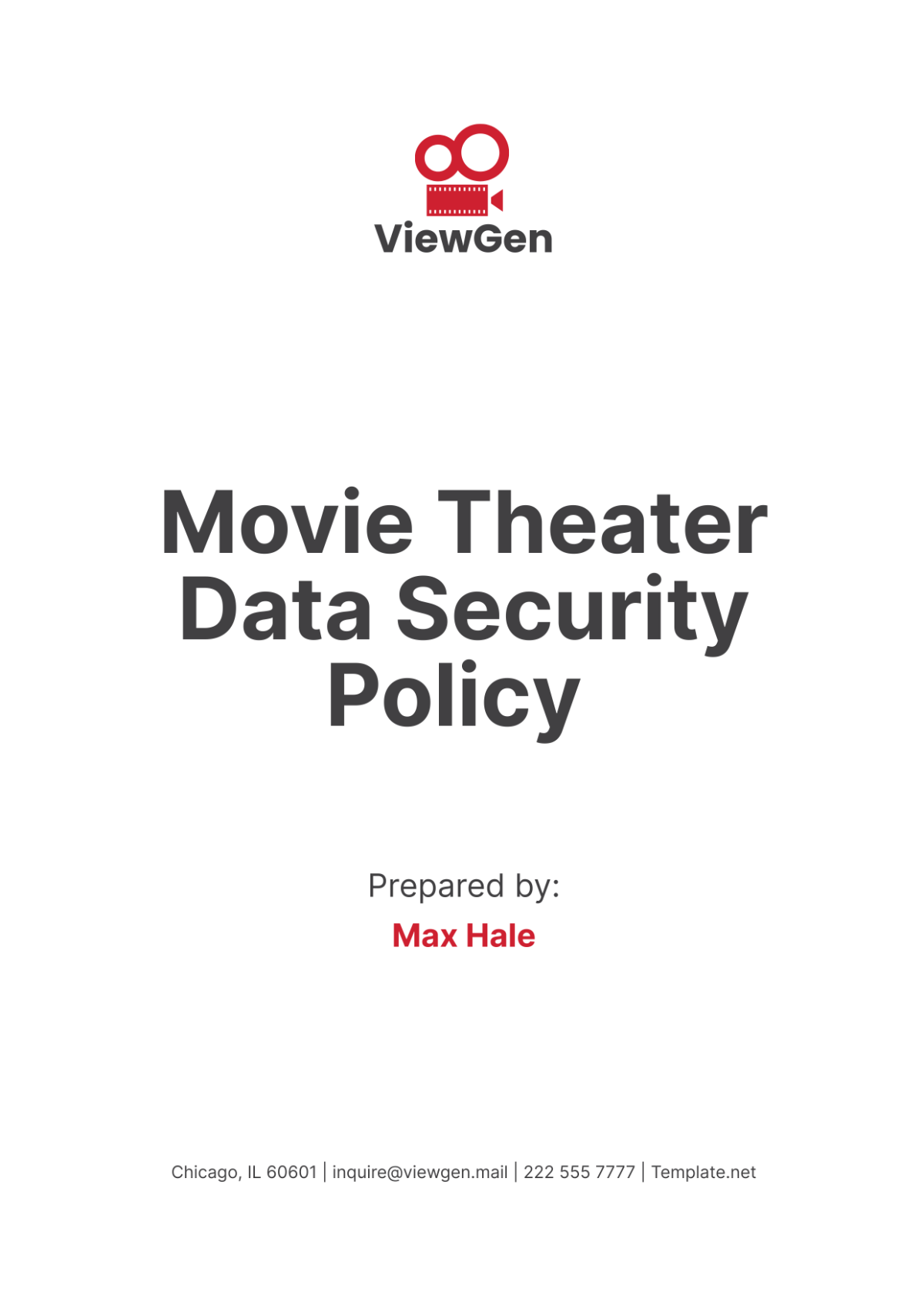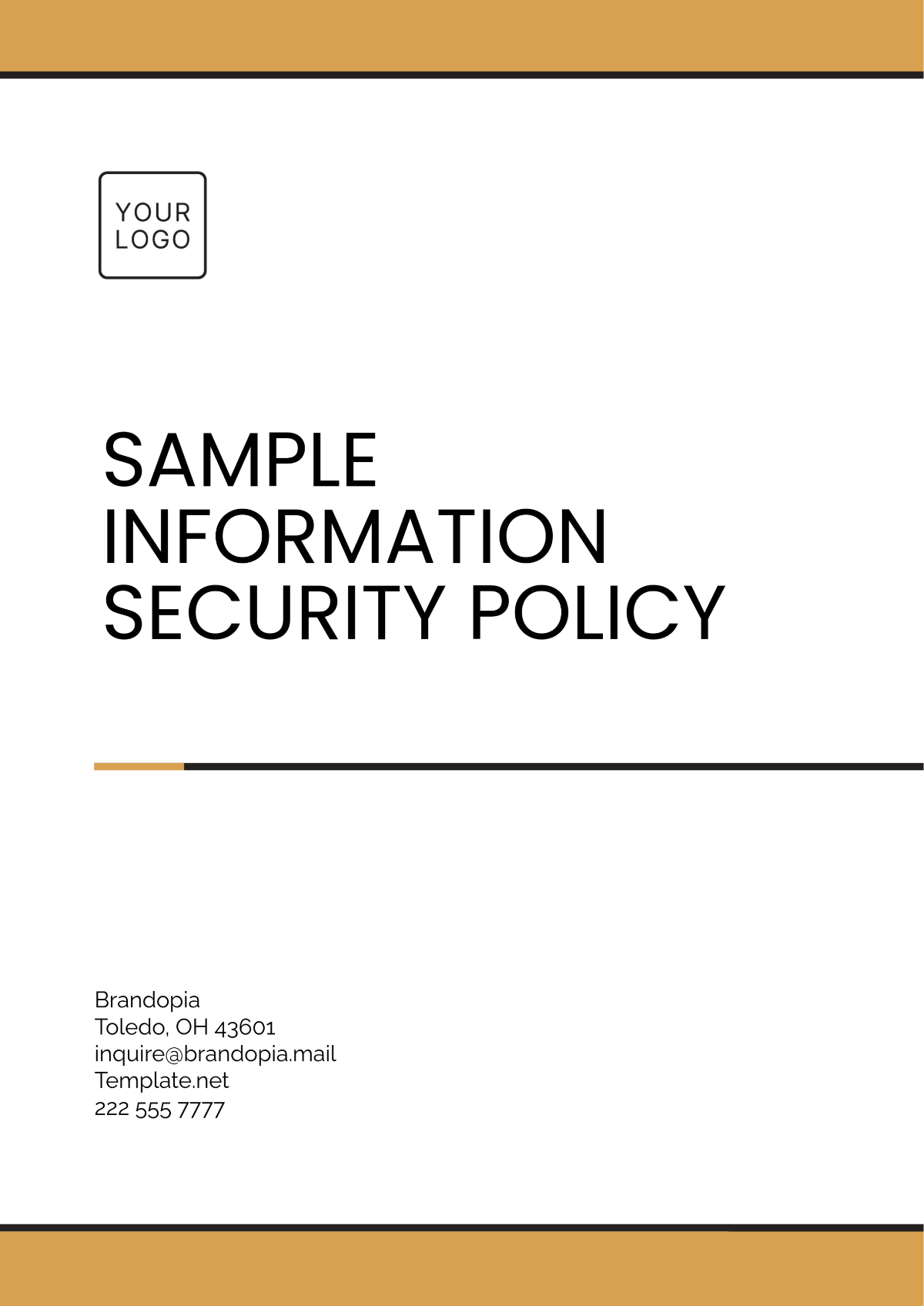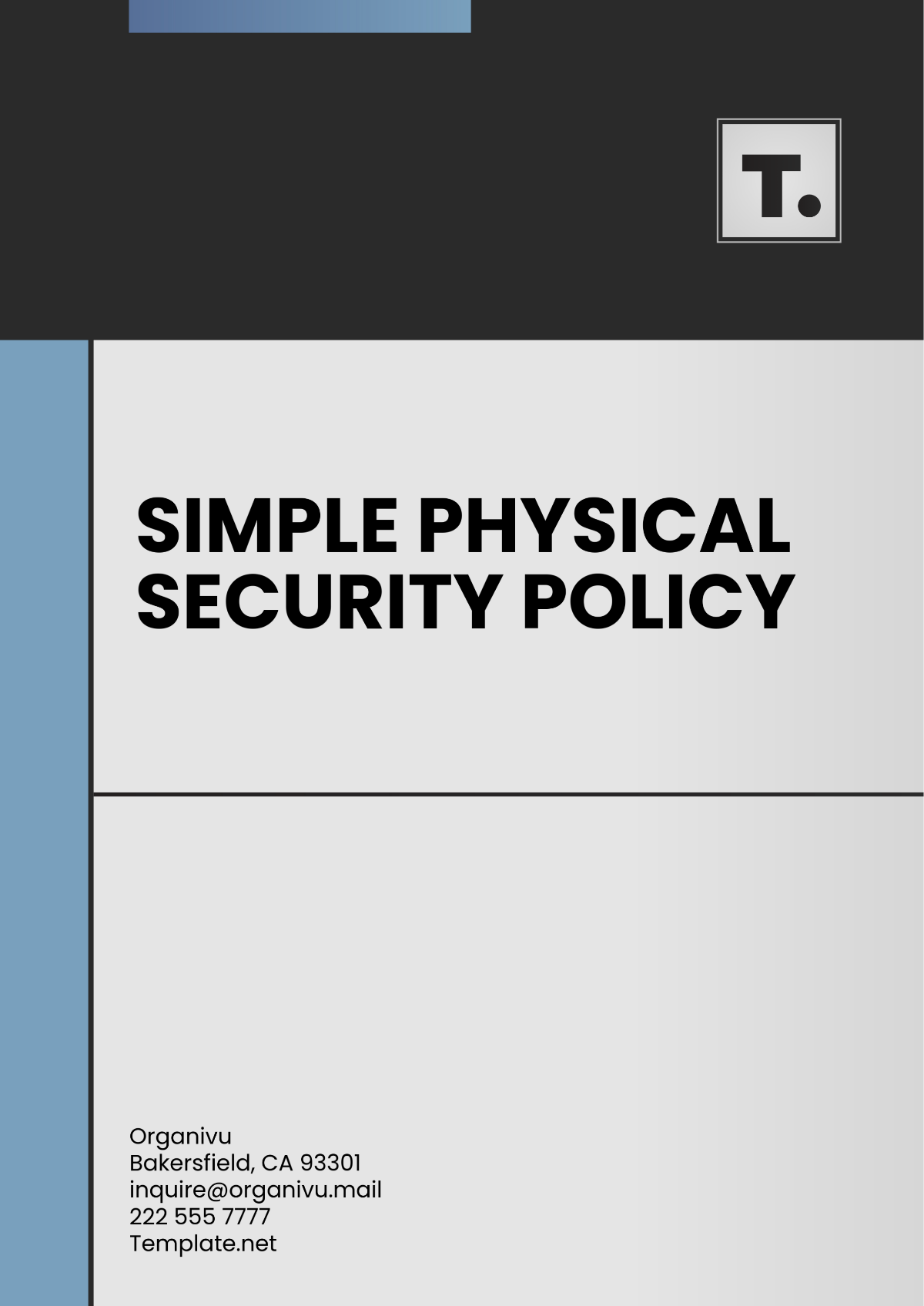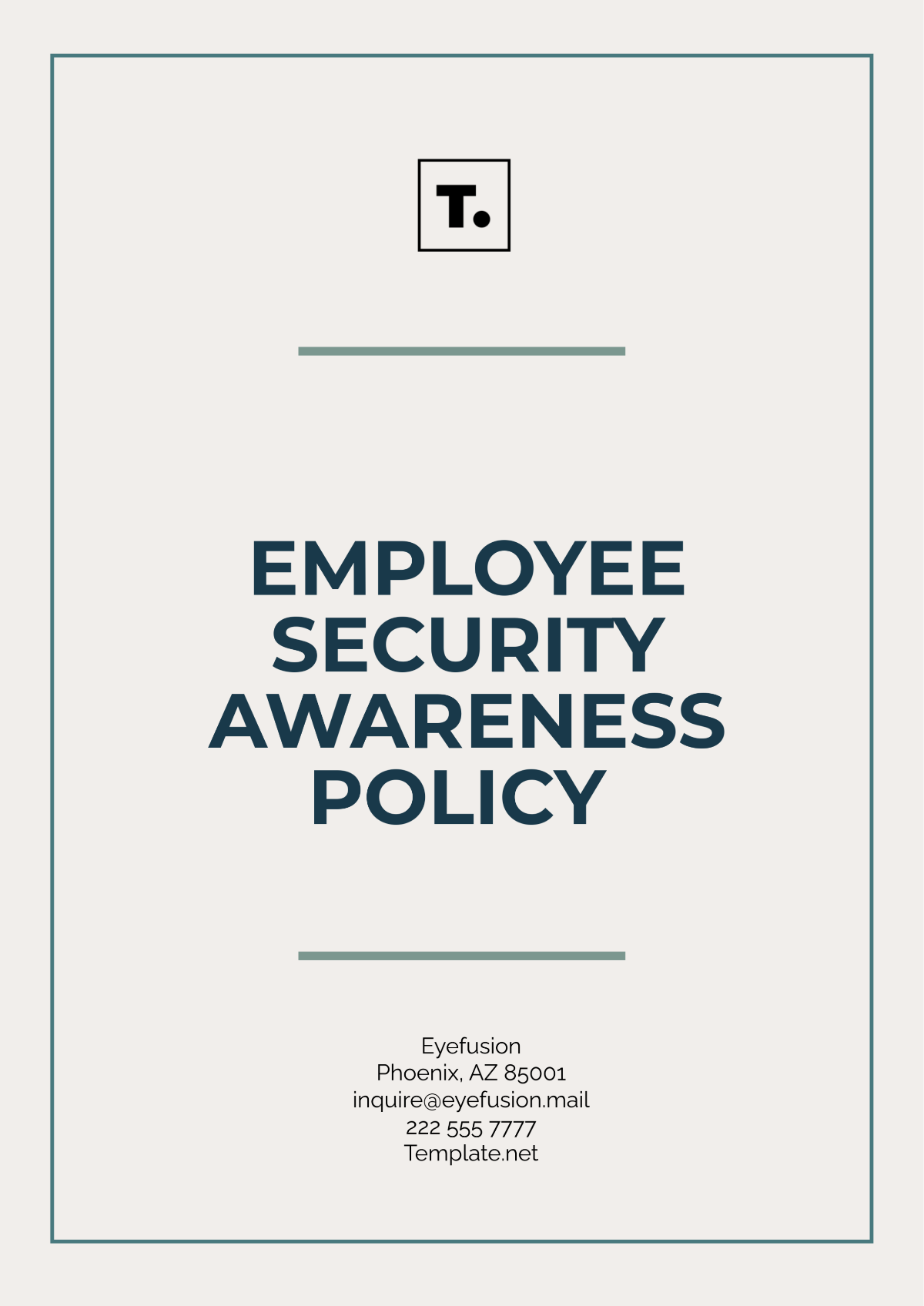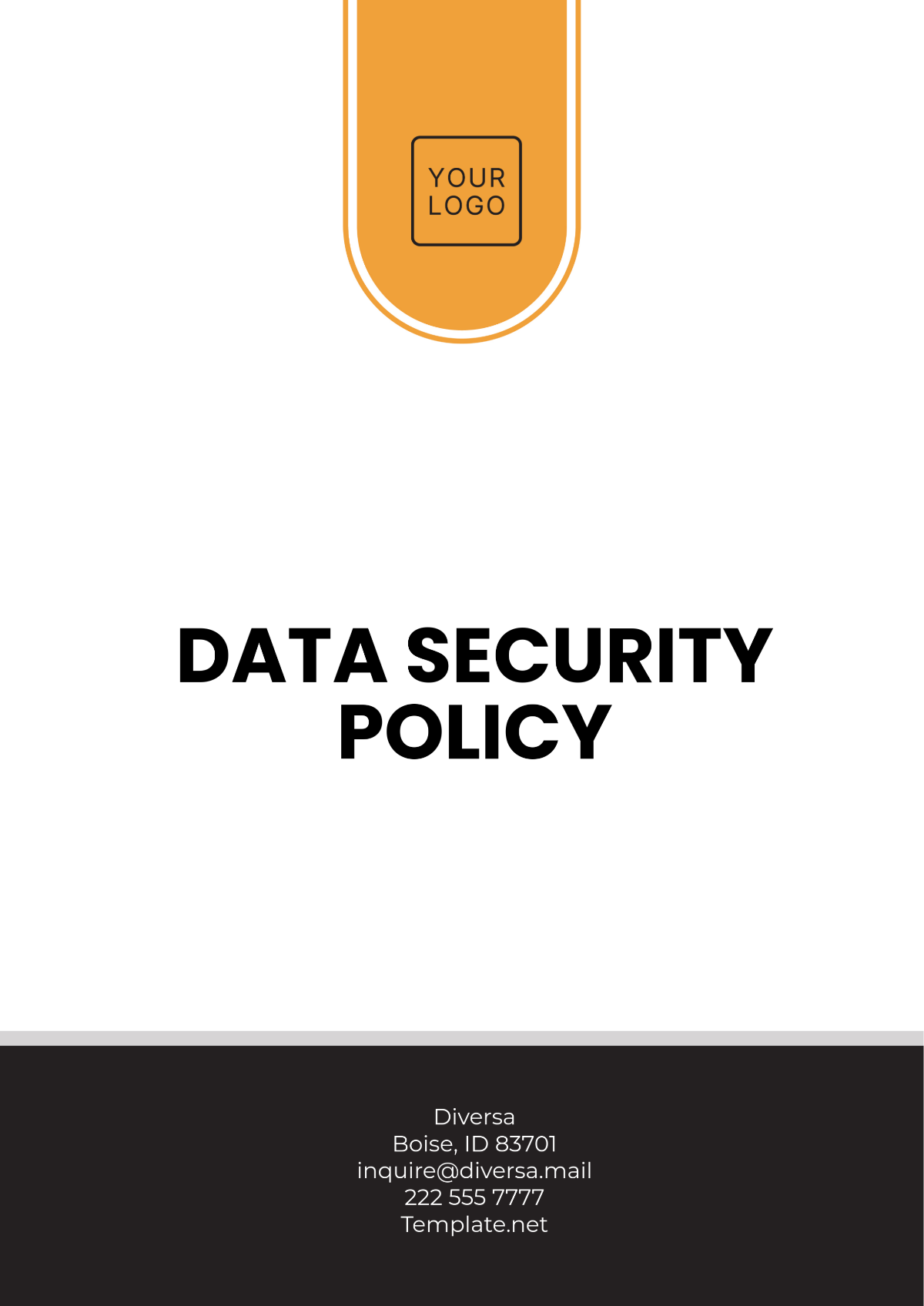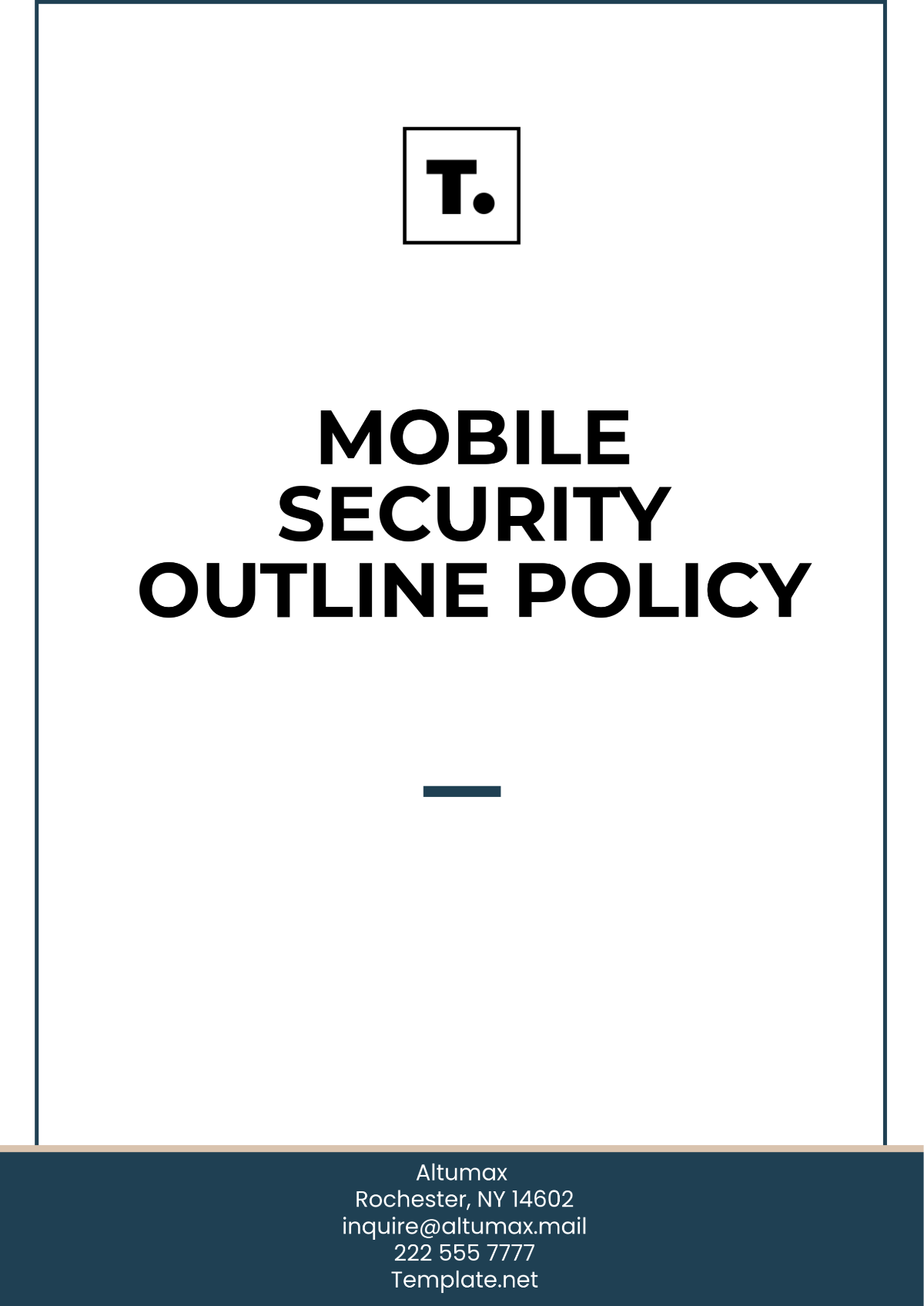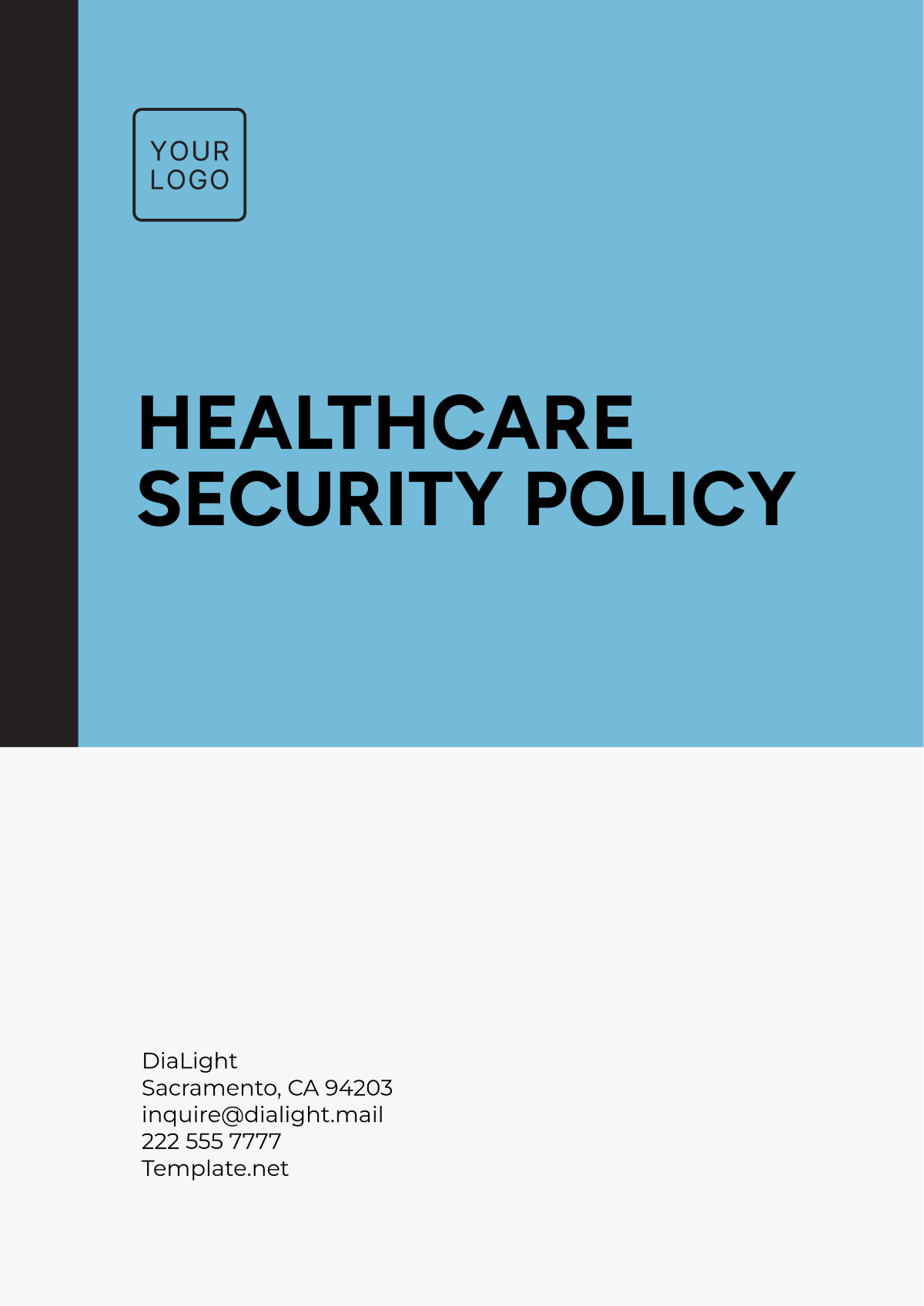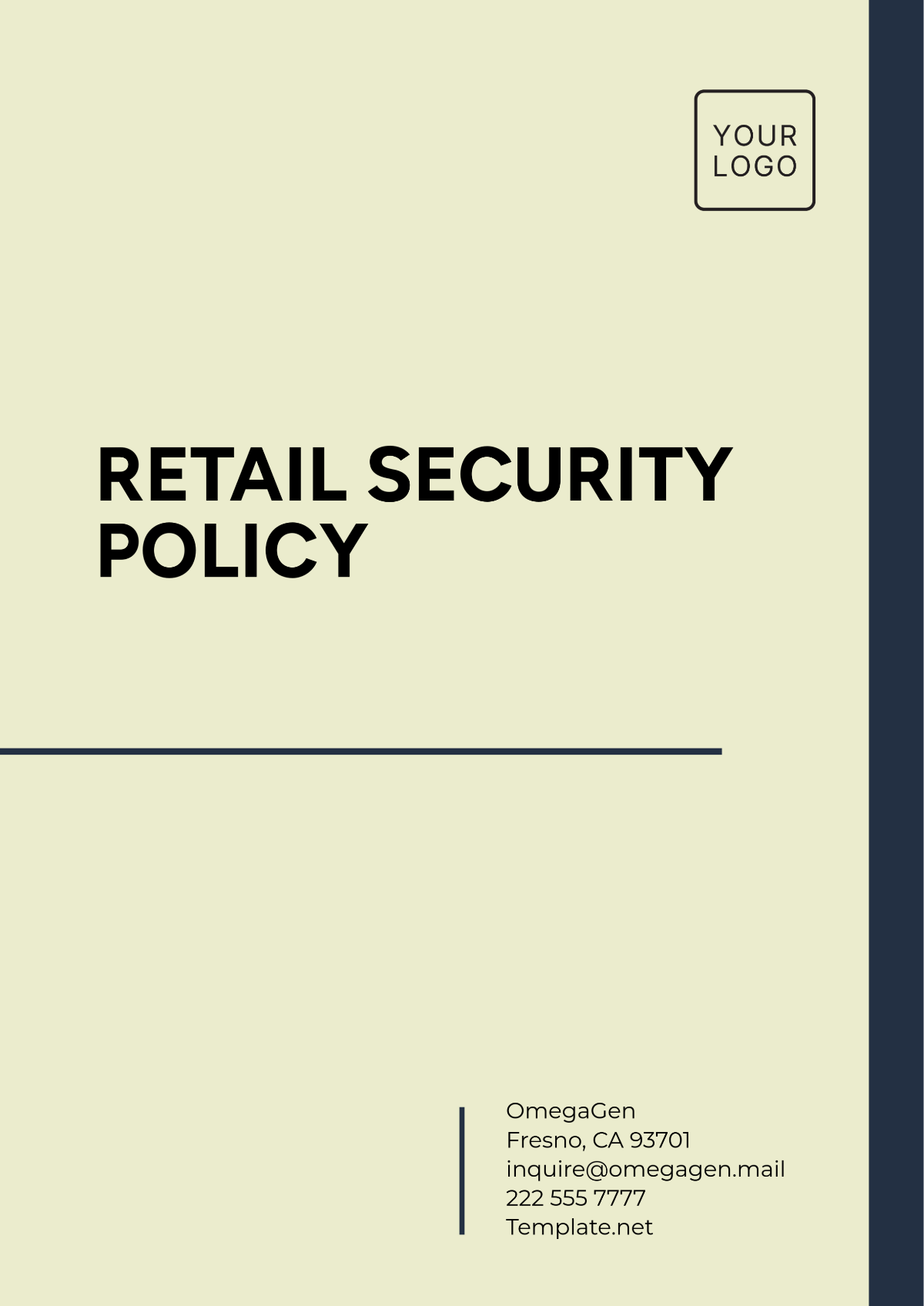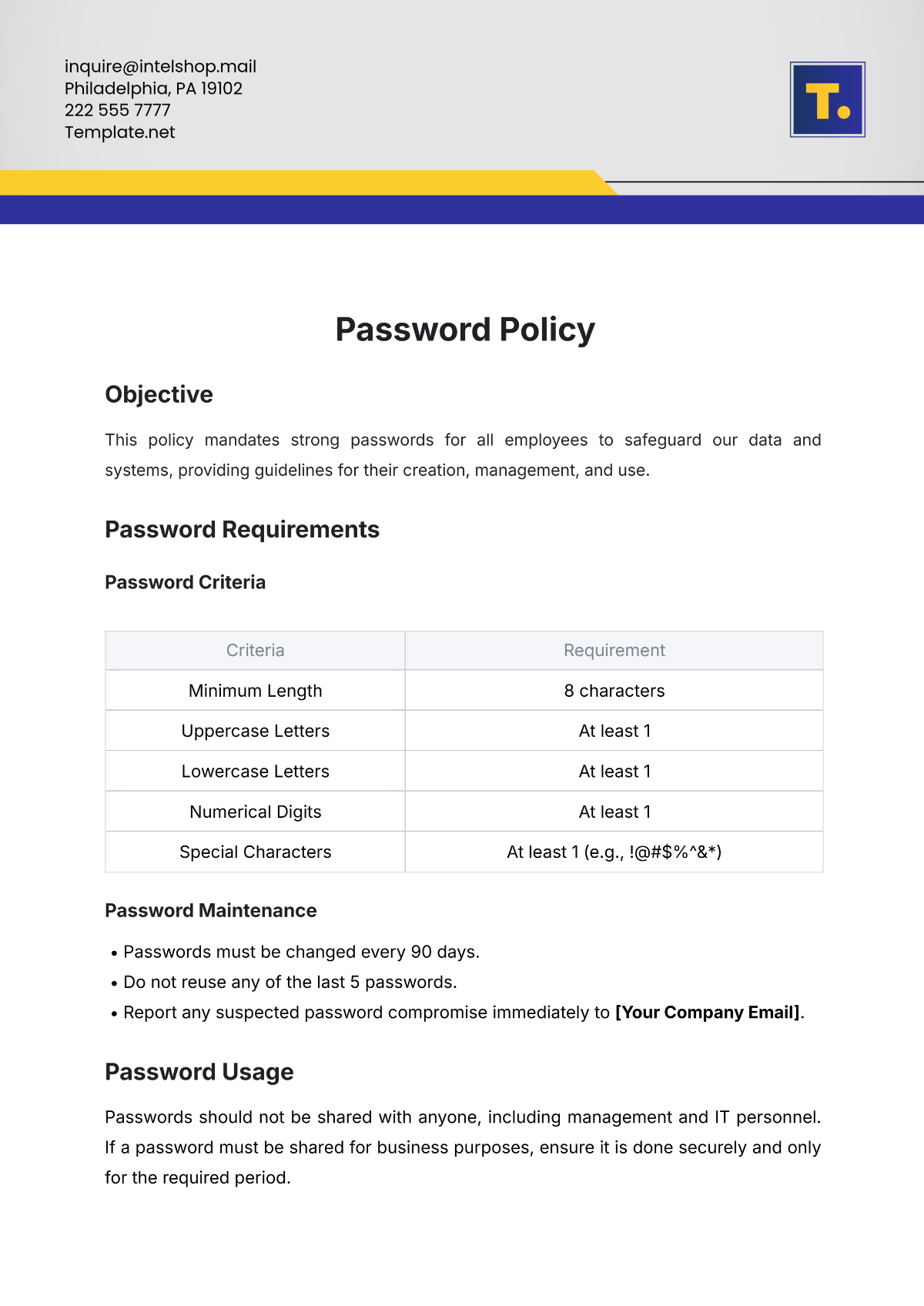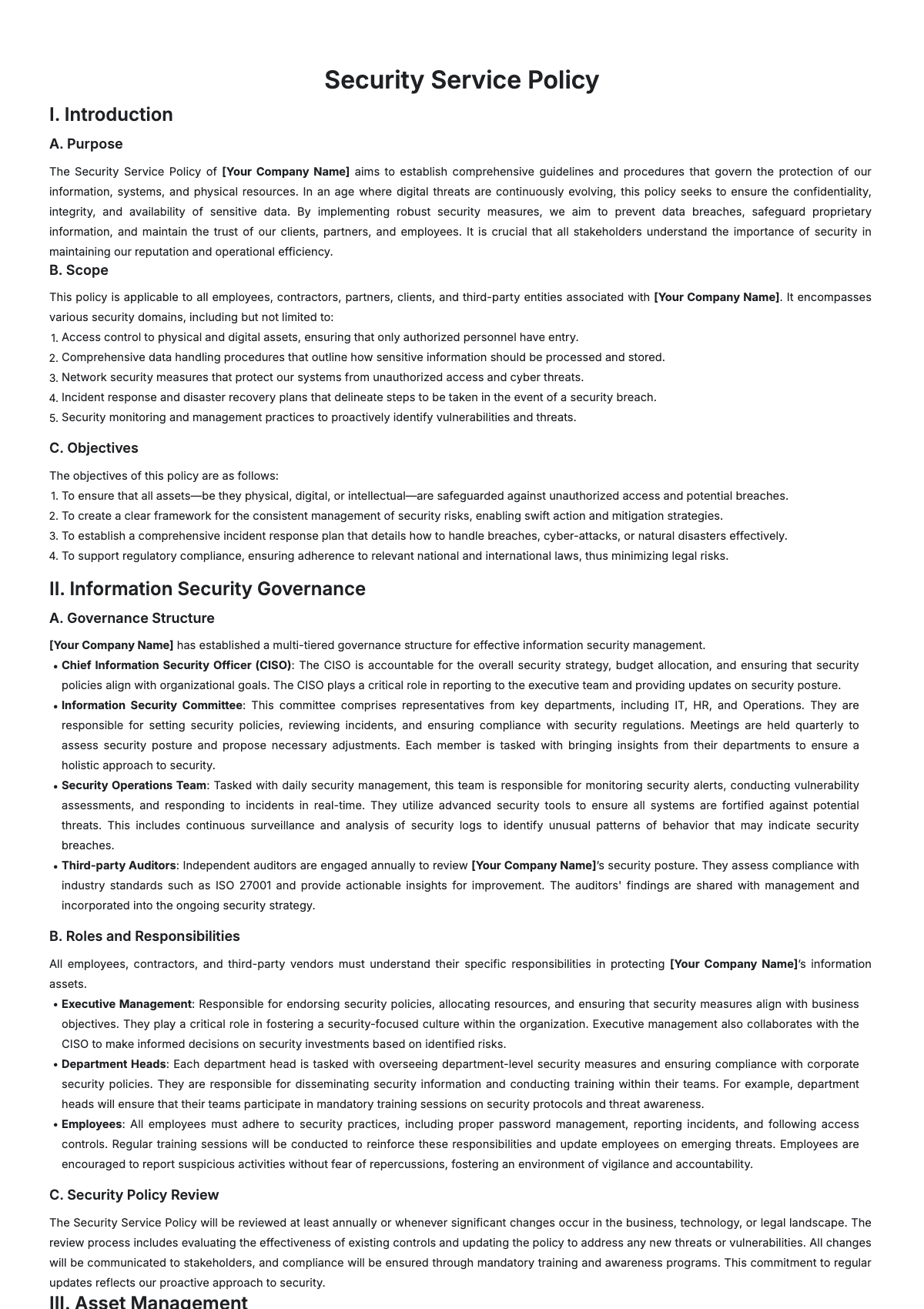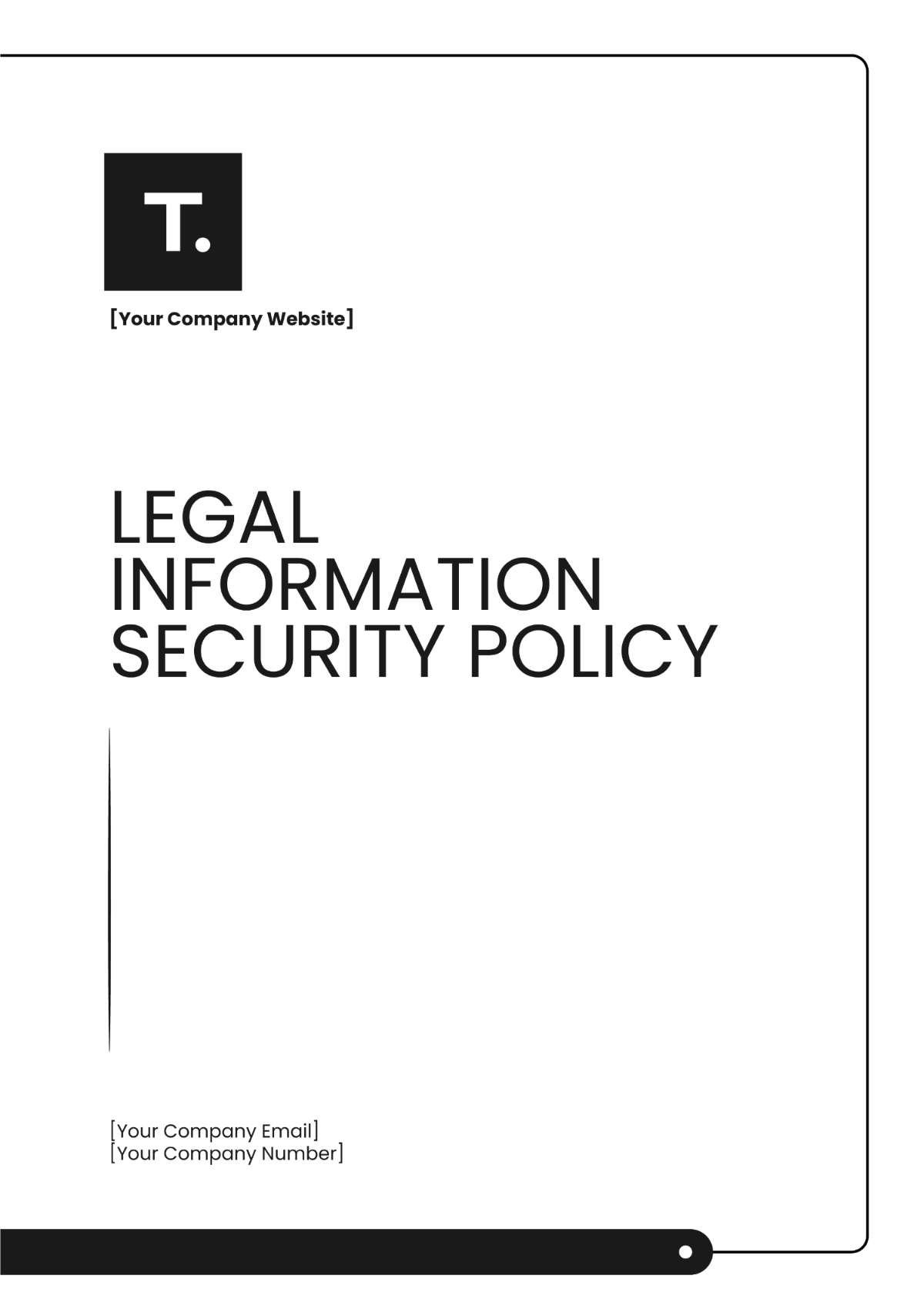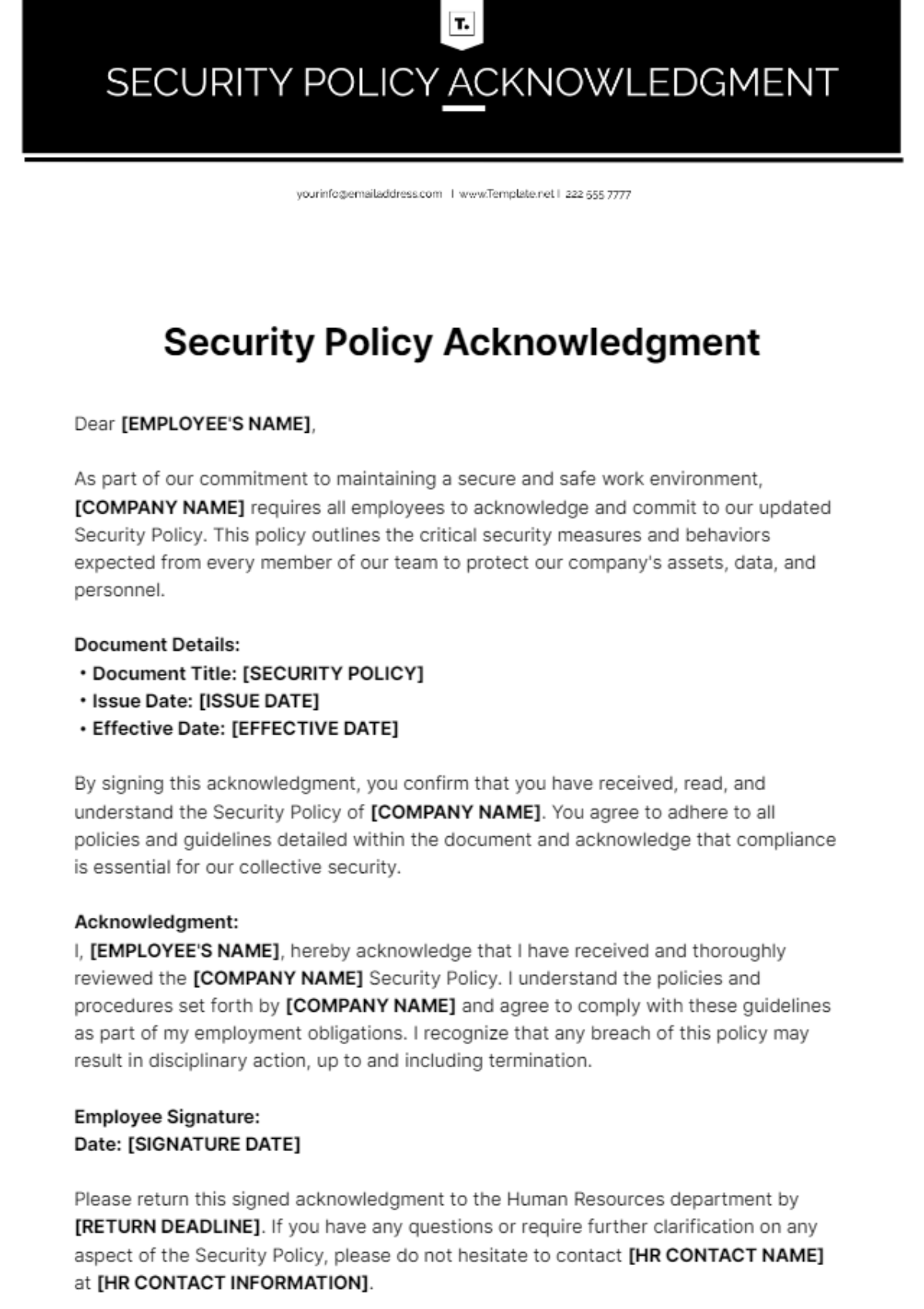Data Security Policy
Effective Date: January 1, 2076
Last Reviewed: December 15, 2076
Next Review Date: December 15, 2077
1. Policy Purpose
The purpose of this policy is to outline the security measures that protect sensitive data within [Your Company Name], ensuring the confidentiality, integrity, and availability of all organizational data. This policy applies to all employees, contractors, and third-party vendors who handle organizational data.
2. Scope
This policy covers all data processed, stored, or transmitted by [Your Company Name], including but not limited to personal data, financial information, and proprietary business data. The policy applies to all organizational departments, systems, and applications, including cloud-based services and third-party platforms integrated with company systems.
3. Data Protection Principles
Confidentiality: Data must be accessible only to those authorized to access it, based on defined roles and responsibilities.
Integrity: Data must be accurate and complete throughout its lifecycle, and the organization must implement safeguards to prevent data corruption or unauthorized modifications.
Availability: Data must be accessible and usable when required by authorized users, ensuring minimal downtime and quick recovery in case of data loss.
4. Access Control
Only authorized personnel will have access to sensitive data based on the principle of least privilege. All-access must be justified and documented.
Access permissions will be reviewed quarterly and updated as needed to ensure they reflect current roles and responsibilities.
Employees are prohibited from sharing login credentials, bypassing access control systems, or accessing data outside of their job responsibilities.
Two-factor authentication (2FA) will be implemented for all systems containing sensitive data.
5. Data Encryption
All sensitive data in transit or at rest will be encrypted using industry-standard encryption methods such as AES-256 for data at rest and TLS 1.3 for data in transit.
Encryption keys must be stored securely and managed by designated personnel only. Key management procedures will ensure that encryption keys are rotated regularly.
Cloud service providers utilized by the organization must adhere to the same data encryption standards and certifications.
6. Incident Response and Breach Notification
All employees must report any suspected data breach immediately to the IT Security Team via the designated incident reporting portal.
The IT Security Team will assess the severity of the breach and take corrective actions, including notifying affected individuals, regulatory authorities, and law enforcement (if applicable) within 72 hours of discovering the breach.
An investigation will follow to identify the root cause of the breach and measures will be taken to prevent future incidents.
A post-incident report will be compiled and shared with senior management for evaluation and process improvement.
7. Data Retention and Disposal
Data will be retained only for as long as necessary for business purposes or to comply with legal requirements, whichever is longer.
Sensitive data will be securely disposed of when no longer needed, using methods such as shredding paper documents, securely wiping hard drives, and degaussing magnetic storage devices.
Backup data will be retained for one year and then securely erased, unless required for legal or regulatory purposes.
8. Training and Awareness
All employees must undergo data security training upon hire and annually thereafter. Training will cover topics such as data classification, phishing awareness, password management, and reporting data security incidents.
Employees must sign an acknowledgment form indicating their understanding of this policy and their role in maintaining data security.
Specialized training will be provided for IT staff and other personnel with elevated access to sensitive data, focusing on advanced security protocols and incident response procedures.
9. Policy Enforcement
Violations of this policy may result in disciplinary actions, including termination, legal action, or financial penalties. Employees found to be negligent in protecting data will face consequences, including suspension of access to sensitive data or systems.
Periodic audits will be conducted to ensure compliance with this policy, and any deficiencies will be addressed promptly through corrective actions.
The policy will be reviewed annually, and updates will be made as needed to address emerging security threats, regulatory changes, or technological advancements.
Signed by:
Johnathan M. Blackwood
Chief Information Officer (CIO)


